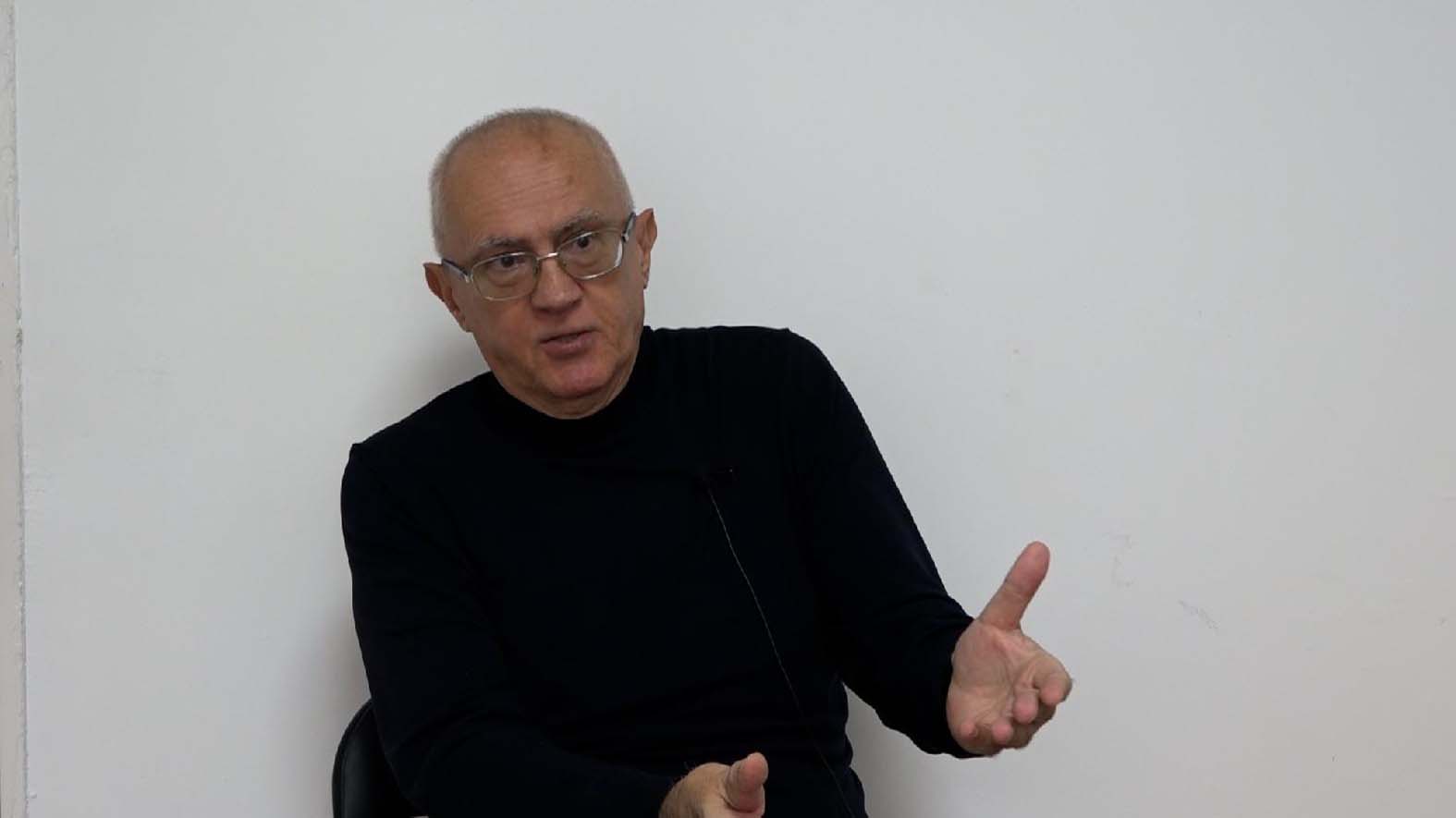What does the Deuts say although Serbia and Hungary’s military agreement: more weapons rattle? – The world
Serbia and Hungary signed the agreement on the Defense Cooperation. This occurs after the Declaration on Military Cooperation of Croatia, Albania and Kosovo, which is rated in Belgrade as provocative.
The document was signed operationalized and concretized by the agreement on the strategic cooperation between Serbia and Hungary in the field of defense reached in 2023, President Aleksandar Vučić said after signing. He pointed out that the key element of these relations of military cooperation, which is reflected through the realization of bilateral and multinational exercises, military and military-technical cooperation in the areas of procurement of systems and weapons.
The Serbian President believes that it is a step closer to the Military Alliance two countries, but that Hungarian side, as well as the Hungarian and Serbian parliament.
It probably also asks NATO, because Hungary is his member.
Response to Croatia, Albania and Kosovo
The agreement, therefore, is not some too much novelty, but comes after the military cooperation between Croatia, Albania and Kosovo, which was assessed as provocative in Belgrade. The signing of a document with Hungary is therefore seen as an answer to Belgrade on that initiative, which can be seen as a continuation of Vučić competition with Croatia.
The practical value of that agreement is not too important for the benefit of Serbian citizens, or their security director of the Institute for European Affairs, « when all strategic contracts are analyzed, that such contracts is not only with Burkin Faso. »
« This agreement is focused exclusively on the economic gains that are close to Viktor Orban and Aleksandra Vučić. So that this agreement may have that PRI effect, but essentially there is no major importance, » says Bachiri.
Fastening of authoritarian friendship
The signing of the military agreement with Hungary is some responsession of Croatia, Albania and Kosovo, considered Aleksandar Popov, director of the regionalism center. It also reminds them of initiatives that arrive from Montenegro.
« We see that Milan Knezevic, the leader of the Democratic People’s Party, signs that the authority of Serbia, Hungary, Orban and Vučić, which is certainly one of the main representatives of Serbia in the European Union. What is worrying is What, instead of diplomatic initiatives, we have a rattling arms in the region, « Popov believes.
The harsh rhetoric is free
The dangers of a new race in weapons in the region certainly exist, namely Leo Bachs. Because, as he says, « You can always count on nationalist forces to move forward and tighten rhetoric ».
« I only severe that nobody in the region, including Serbia, it will not prevent populists in Serbia, so that no one in the region wants to fight anymore, to use someone to use it, » the DW is evaluated.
Far from a military union
Popov estimates that it is certainly irresponsible to make such agreements in the region, especially if they are in mind that they are signed between countries that are members of NATO and those who are not.
« Hungary, say, has its own obligations within the NATO, and is an opportunity for decisions in Brussels. In this sense, it is now used for some general excursion for which it is uncertain how it will end, » the Popov said.
Naim Leo Besiri turns that « all these agreements cannot have some sanctions, and what happens if someone is a member of NATO. Here is more about some cooperation in exchanging information, education, the possibility of various trainings, exercises, and the like. »
Unnecessary psychosis
If we talk about the influence of such military agreements to regional stability, Beshiri says that she « primarily depends on the behavior of the region’s politicians. »
« From their rhetoric depends on how intolerance they will feel, and the only hope that there are no material or human resources in the region for slightly more flammable rhetoric, » our interlocutor believes.
The director of the Center for Regionalism Aleksandar Popov evaluates one completely unnecessary psychosis, primarily in Bosnia and Herzegovina, and in Kosovo, and in this way, only the oil on fire, « concludes Popov for DW.
Follow us on our Facebook and Instagram page, but also on X account. Subscribe to PDF List release today.







